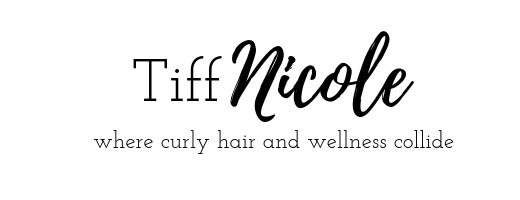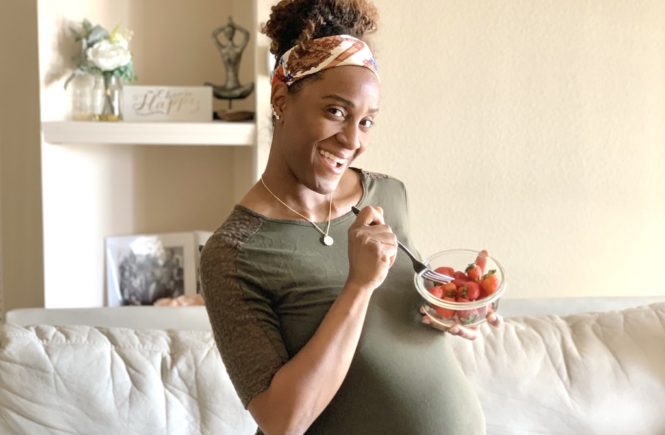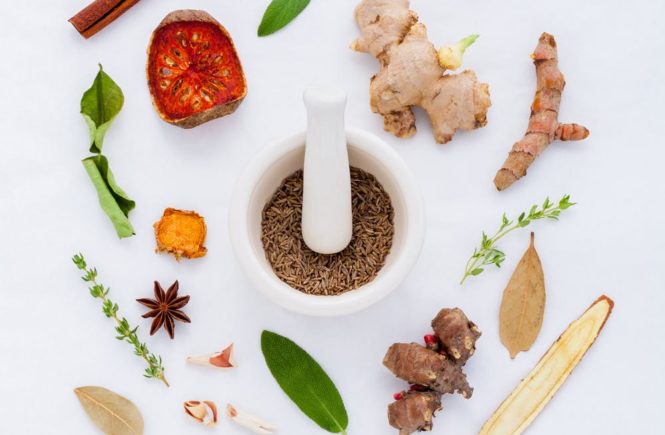It’s kind of funny whenever someone asks what do I eat. I always get this strange look in response to what I say and the look, well-I know exactly what they’re thinking.
It seems people have coined the words vegan/plant-based or even vegetarian with an image of the average 1970’s hippy. You know tall skinny, blue eyes, long blonde beach styled hair. Earthy with flowers and peace signs everywhere.
Yeah, I used to think this way too, that is until I educated myself and changed how I ate.
Most People Of Color (POC) here in the United States are all to familiar with a genetically modified (GMO) history being told for generations slop heartache food is soul food.
Seems many of my ancestors ate very similar to that of a Mediterranean or Vegan diet, which contributed to their freshly bloomed skin and thick voluminous hair.
A friend of mine who was in the middle of transitioning to a plant-based diet recommended a book that I have not been able to put down.
Despite the name, Sistah Vegan is not a physical soul food book. Instead, it’s a collection of poems and reflections from Black females who speak on the diaspora and misrepresentation of being a Vegan of Color.
Some of the major points include social injustice, spirituality then and now, life struggles, and our top-rated non-transmittal diseases diabetes and hypertension.
This book delivers peace, understanding, and more importantly justice. Sistah Vegan explains very well that no group of people has ever had such a great generational disassociation as we have.
Over 400 years of bleached truth separating us from nature, common hair practices, spiritual insight and how we ate then and where we are today, all are expressed in this book.
In the words of the late Nina Simone, the author of this book clearly “reflected the times” with this gem. Sistah Vegan should be the next book on your list or audiobook. It’s liberating and will leave you in tears.
It calls every reader whether vegan or not to think about their role of polluting and their carbon footprint on the planet and be accountable in all areas of their life, starting with what’s on their plate.
Think healthy,






